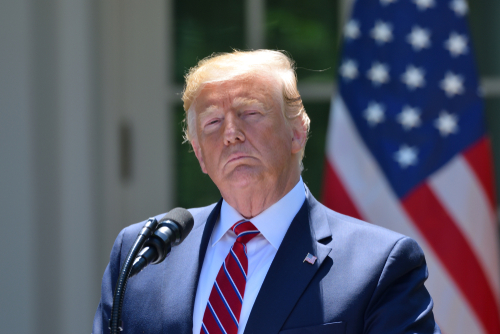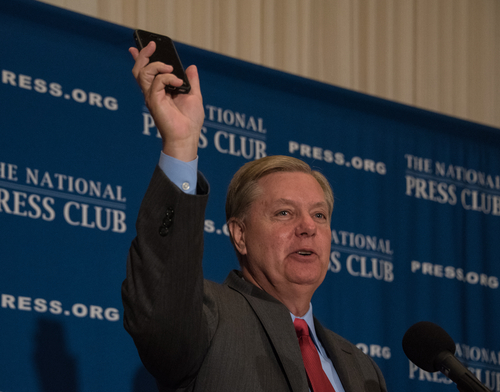Iran is expanding its influence in Iraq by relocating key figures from its proxy terrorist organizations, Hamas and the Yemeni Houthi movement. This strategic move comes as the Biden administration appears to be watching helplessly, unable to effectively counter Iran’s growing power in the region.
The relocation of these terrorist leaders to Iraq serves multiple purposes for Iran. It allows them to establish a stronger foothold in the country, potentially destabilizing the already fragile political situation. Additionally, it provides these groups with a new base of operations, potentially extending their reach and capabilities.
This development is particularly concerning given the recent history of conflict in Iraq and the ongoing tensions between Iran and the United States. The presence of Hamas and Houthi leaders in Iraq could escalate regional instability and complicate efforts to maintain peace and security in the Middle East.
The Biden administration’s apparent inability to prevent or respond to this move raises questions about the effectiveness of current U.S. foreign policy in the region. Critics argue that this passive stance may embolden Iran to further expand its influence and challenge American interests in the Middle East.
As Iran continues to strengthen its position in Iraq through these proxy organizations, the international community faces increasing pressure to address the growing threat. The situation underscores the complex geopolitical dynamics at play in the region and the challenges facing those seeking to promote stability and counter terrorist activities.
This development marks a significant shift in the balance of power in Iraq and highlights the ongoing struggle for influence in the Middle East. As the situation unfolds, it will be crucial to monitor the responses of regional and global powers to this latest move by Iran.






